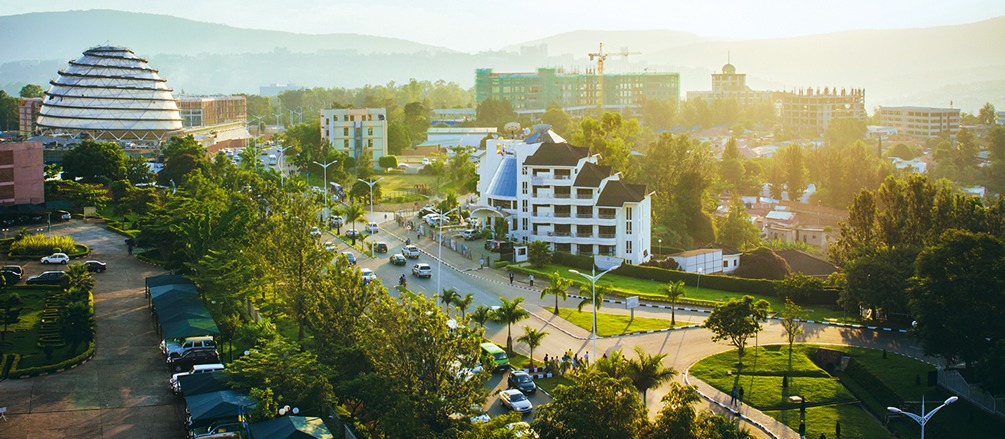
Rwanda has long been one of Africa’s premier travel destinations, renowned for its stunning natural beauty, vibrant culture, and warm hospitality. However, the recent outbreak of Marburg Virus Disease (MVD) declared by Rwanda’s Ministry of Health on September 27, 2024, has sparked concern among potential visitors. If you are considering traveling to Rwanda, you might wonder how the outbreak affects your plans. Here is everything you need to know about safety, health precautions, and why Rwanda remains an appealing destination despite the situation.
Marburg Virus Disease is a severe hemorrhagic fever caused by the Marburg virus; a pathogen related to Ebola. The virus is transmitted to people from fruit bats and spreads among humans through direct contact with the bodily fluids of infected individuals or contaminated surfaces. While the disease is rare, it is known for its high mortality rate, and outbreaks can be disruptive. Symptoms of MVD include fever, chills, muscle pain, and bleeding, often progressing rapidly without proper medical care. There is currently no approved vaccine or specific treatment, though research on therapeutics and vaccines is ongoing.
Rwanda’s Robust and Timely Response
Rwanda’s swift and effective public health response has garnered praise from international health bodies. In partnership with Africa CDC, the World Health Organization (WHO) has been working closely with the Rwandan government to contain the virus. The Ministry of Health has ramped up screening, isolation, and treatment efforts to ensure the virus is confined to affected areas.
Notably, Gilead Sciences, in collaboration with Africa CDC, donated 5,100 vials of remdesivir, an antiviral drug used under emergency conditions, to treat those affected by Marburg. While remdesivir is not a cure, it can alleviate symptoms and has been successfully used in managing outbreaks of similar diseases, such as Ebola.
The WHO has also provided critical support, deploying experts to assist with lab testing, infection control, and community outreach. Together with the Ministry of Health, these efforts are ensuring a strong response aimed at containing the virus and protecting the broader population.
For most travelers, the answer is yes. Despite the outbreak, Rwanda remains largely safe, especially in regions far from the affected areas. The virus has been primarily confined to localized zones, and tourist hotspots such as Kigali, Volcanoes National Park, Nyungwe Forest, and Lake Kivu remain open and unaffected. The Rwandan government has emphasized that tourism activities continue in these regions, with extra precautions in place.
Travelers are encouraged to stay informed through reliable sources, such as the Rwanda Development Board (RDB), the Ministry of Health, and international bodies like WHO and CDC Africa, to ensure they are aware of any developments. Health officials have also implemented screening at airports and borders to minimize any risk of spreading the virus beyond the affected regions.
Health and Safety Precautions for Travelers
If you are planning a trip to Rwanda, it’s essential to follow a few basic precautions to ensure your safety and that of those around you:
- Stay Updated on Travel Advisories: Before your trip, check the latest travel advisories from reliable sources such as WHO, CDC Africa, and the RDB. These organizations regularly update their guidance to reflect any changes in the situation on the ground.
- Avoid Affected Areas: Though most tourist regions in Rwanda are safe, avoid areas where the outbreak is active. The Ministry of Health provides detailed information on affected regions to guide travelers.
- Practice hygiene and preventive measures: Maintaining good hygiene is essential for any infectious disease. Wash your hands frequently with soap and water, use hand sanitizers, and avoid direct contact with sick individuals or animals that could carry the virus.
- Stay Informed During Your Trip: Once in Rwanda, stay connected with local news and health updates. The Ministry of Health and RDB often release updates that will help you navigate your trip safely.
- Medical Support: In case of any health concerns, seek medical help immediately. Rwanda’s healthcare system, particularly in urban areas and near tourist destinations, is well-equipped to handle emergencies and ensure your safety.
Tourism in Rwanda: Still Open for Adventure
Rwanda remains an alluring destination despite the outbreak, offering visitors unforgettable experiences in nature, wildlife, and culture. Here are some of the top attractions that continue to welcome tourists:
- Mountain Gorilla Trekking in Volcanoes National Park: One of Rwanda’s most iconic activities, gorilla trekking, remains unaffected by the outbreak. Visitors can trek through misty forests to encounter one of the world’s most majestic animals, the endangered mountain gorilla.
- Nyungwe Forest and the Canopy Walk: In the south, Nyungwe Forest National Park offers incredible biodiversity, with hiking trails, primate

Leave a Reply